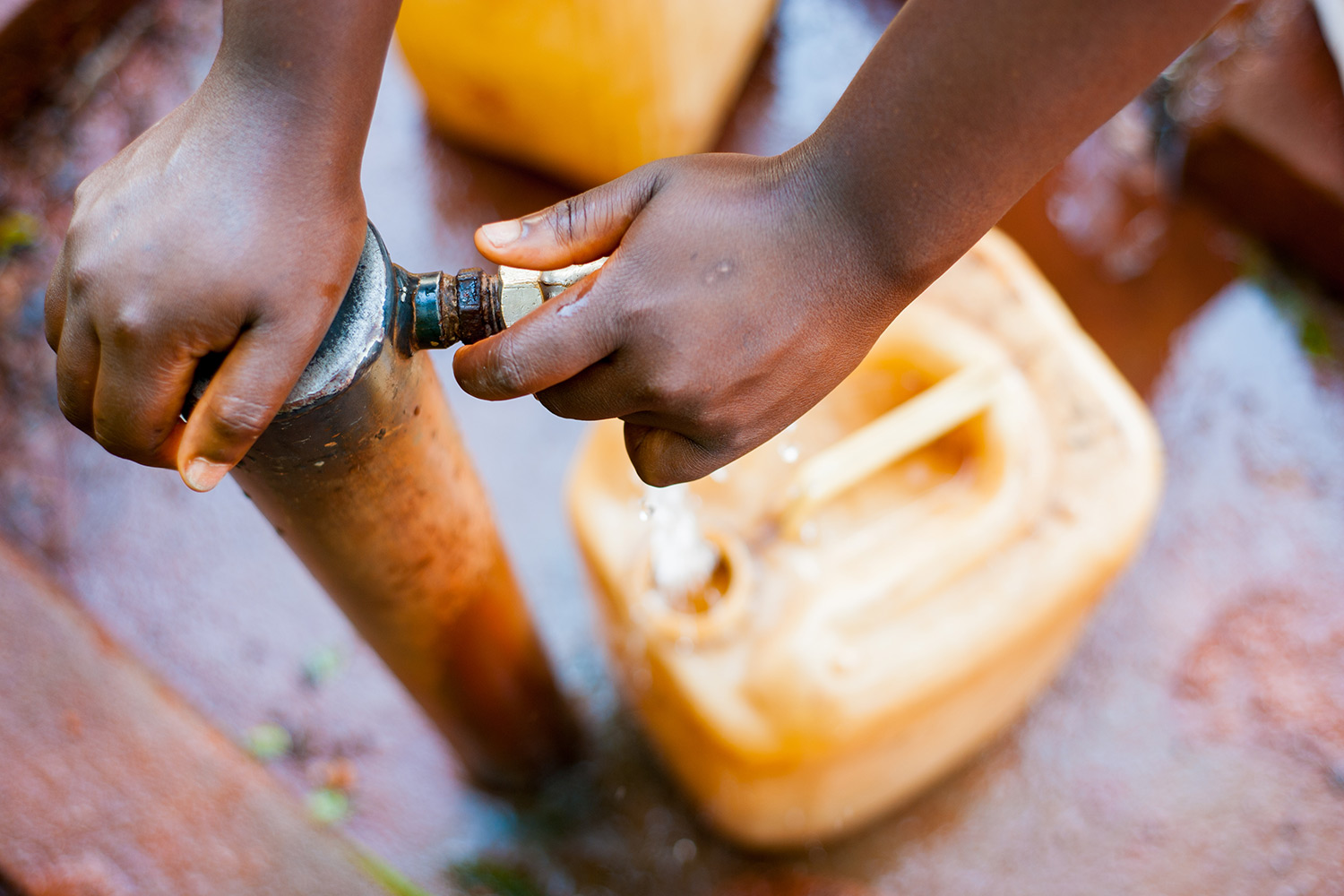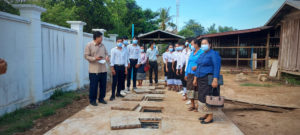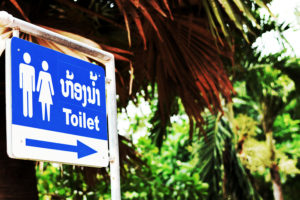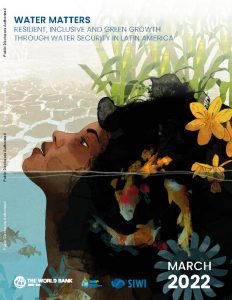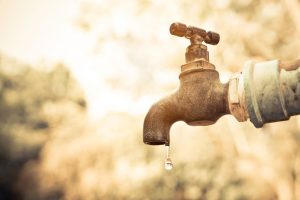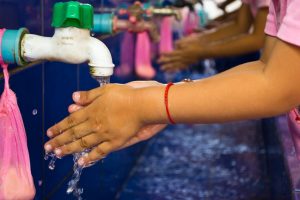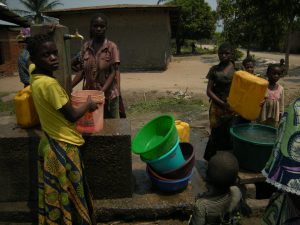To drink unsafe water is to take a serious health risk. But for many people in the world, this is a risk they simply cannot avoid as they lack adequate water and sanitation services.
There is only one way to put it: access to water and sanitation is one of the most urgent development issues. It is perhaps the most fundamental one. For millions of people around the world, it is nothing short of a matter of survival.
The lack of adequate drinking water and sanitation services threatens public health, livelihoods, education, and economic and social development on an even larger scale. It is also a major obstacle to trying to break the vicious circle of poverty, and to creating sustainable societies for the future.
It is, therefore, critical that we work to make sure that every person has access to safe drinking water and a toilet as stated in Sustainable Development Goal 6. This is increasingly important in the face of growing water scarcity around the world. And while this may sound straightforward, the reality is that achieving universal access to water and sanitation is a gigantic challenge.
According to UNICEF figures, more than two billion people in the world lack safely managed drinking water, and twice as many lack safely managed sanitation. Over 600 million people practice open defecation. And two in five healthcare facilities worldwide have no soap and water or access to hand sanitizer.
It is critical that we work to make sure that every person has access to safe drinking water and a toilet ...
Way forward
Recently, progress has been made in many places but the speed at which positive change is happening is far from adequate. The drinking of unsafe water remains a major concern as it impairs health on a large scale through illnesses such as diarrhoea.
Lack of sanitation increases risk when untreated excreta contaminate groundwater and surface water used for drinking, irrigation, bathing, and household purposes. The global COVID-19 pandemic has highlighted the urgency of the matter as hand washing is one of the most effective proven methods to prevent COVID-19.
Positive change depends on well-functioning water management and the choices made by governing actors. This stretches far beyond infrastructure investment and must also include institutional capacity, making sure that relevant knowledge, transparency, and accountability guides the work. This is needed to avoid infrastructure solutions from being under-utilized, poorly managed, and unsustainable.
Fighting corruption
One of the urgent challenges in relation to water resources and services is corruption. Research from Transparency International and others show that the water and sanitation sector is particularly vulnerable to corruption as it often involves large, complex infrastructural projects in a sector with a small number of actors. This makes it difficult to monitor effectively, particularly in developing countries. This corruption ultimately limits the scope for improving poor people’s livelihoods. So, working against corruption must be a priority.
